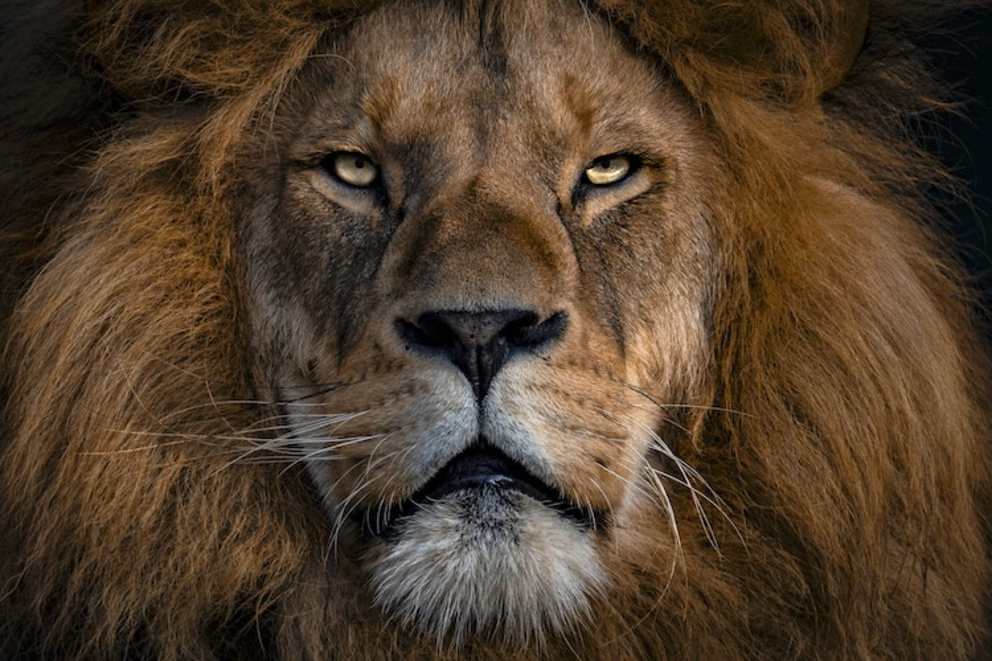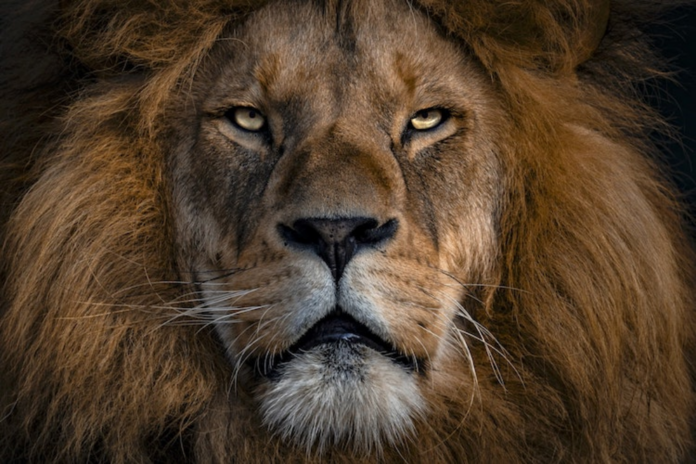
The sovereign self
‘When you are with your sovereign Self, you can then walk in the noise again and show people that silence is here too, in your very own being. When you act forth from your Being – your Self – you ground the energy within you. You can be the quiet within the noise.’ ~Kaleb Seth Perl, Own Your Sovereignty
According to Prof. Mattias Desmet, psychotherapist and Professor of Clinical Psychology at Ghent University, mental health in our modern societies has been declining for decades. This is indicated, he says, by a steady increase in the number of depression and anxiety issues and the number of suicides. One of the consequences of this, in recent years, is the ‘enormous growth in absenteeism due to psychological suffering and burnouts.’1 This malaise, we are informed, was growing exponentially even before the pandemic outbreak of 2020.
What this suggests is that there was already a great deal of trauma being experienced within people and within many of our human cultures in the preceding years (as I explored in my book ‘Healing the Wounded Mind’ 2019). Prof. Desmet suggests that these findings indicated that ‘society was heading for a tipping point where a psychological “reorganization” of the social system was imperative.’ In other words, we were, broadly speaking, ripe for a tipping into a new direction one way or another. And the direction we were to be ‘tipped into’ would depend upon the nature of the trigger, how it would be applied, and its related features.
There was already a strong latent apprehension, nervousness and anxiety in many human populations before the ‘health crisis’ landed upon our shores. The reactions of the political establishments, the media, and related organizations that had a vested interest in steering the situation, aroused further fear and panic amongst the people rather than reassuring them (as would have been their role). When a situation is turned into a crisis, it is then only a small further step to turn a crisis into a trauma. When the trauma is related to an expanded event – such as on a global level – then the very nature of that trauma is no longer an isolated experience but a continual process. Furthermore, a continual traumatic process only needs nudges placed at varying intervals to maintain, and sustain, the traumatic experience. The danger in this is that such an experience can be prolonged almost indefinitely if the nudges continue to be applied. In such psychological states, it becomes very hard for a person to maintain, and act from, their sovereign self for they have become increasingly externalized and pulled into (or entangled in) a shared traumatic experience.
Another issue to consider is that of transference of suffering and blame. Prof. Desmet points out, and he is not alone in this, that there already existed in our societies a ‘widespread psychological suffering, lack of meaning, and diminished social ties.’ When the health crisis got expanded into a structure of biosecurity, many people transferred their existent anxieties and blame onto the dominant health narratives. Fear and discomfort were no longer a result of how modern societies have been structured, along with their attendant political and economic power systems, but rather is now due to a health issue. In this transference of blame, many people naturally wanted to eradicate this source of their suffering and so were ready to point their fingers in the direction where the dominant narratives told them. ‘Help us get rid of this health menace’ they cried out and fell into line obediently. It pains me to point this out, but such tactics of ‘transference of blame’ were used to devastating effect by National Socialism in the first half of the twentieth century. And we now know where that led to.2
Authoritarian policies applied from the top down appear to bring some form of social solidarity to the situation – yet this is a fallacy. I have referred to this as the normalization of delusion.3 On the contrary, I would state that there is a great deal of ‘deliberate fracturing’ going on in our societies. Part of this is due to a narrowing of peoples’ focus onto a small fragment of the situation at the expense of perceiving the bigger picture (see my previous essay ‘Blindsided’).4 This orchestrated narrowing of focus breaks up overall awareness into fractals – into ‘reality bubbles.’ Since the narrowed focus is directed, by the mainstream media narratives, onto the ‘let us get well again’ scenario, then people are persuaded into accepting a loss of freedoms and liberty in order to be seemingly granted this.
The narrative of ‘optimising public health’ comes at a cost of increased loss of personal privacy and sovereignty. It is no longer a health issue but rather one of social management. Yet any questioning of this is immediately turned into a questioning of public health. Naturally, any sensible person wishes for public health and well-being, which is why any critical questioning gets censored as a rejection of health that is harder to defend amongst the media-programmed masses. People are turned against one another, and social alliances break down. This, as I have said, is part of a strategy of ‘deliberate fracturing.’ Prof. Desmet makes a valid point when he states that: ‘people cannot be healthy, either physically or mentally, without sufficient freedom, privacy and the right to self-determination.’5 What this amounts to, says Prof. Desmet, is not a health crisis but a social and cultural crisis. I would add to this that it amounts to a human spiritual crisis too. Taken all together, we are in the midst of a profound turning point for humankind. The core question now is in which direction will humanity take from here on?
What we need, as individuals as well as collectively, is a degree of perception and awareness to see and understand that relations between things on the surface are not the same as the realities that lie underneath. Surface fragmentations are a construct that have been established to break certain social cohesions. This is because a lack of social cohesion will inevitably strengthen the hand of the authorities. For this reason, great pressure has been applied onto censorship in the media. Solidarity groupings that question the main narratives are either ignored or blatantly censored and suppressed. Gatherings of people who come together in cohesion and shared alliances against the main narratives will not be seen in the mainstream media. Rather, the narrow focus will be maintained upon the narratives of anxiety and division. This is because it is ‘these fracturing, surface relations that will draw you out from yourselves, into your programmed-social selves, and away from the underlying cohesions beneath…6
The strategy here is to gain power over people by dividing their cohesion and splintering the energies of solidarity and togetherness. As writer Kaleb Seth Perl puts it: ‘This is a heist against innate human sovereignty.’ And I would agree with this. Our awareness is being taken away from those things that bring us together and onto those elements that splinter us apart. And this is an affront upon the human sovereign self. Kaleb Seth Perl goes on to say that: ‘All kinds of things are being falsely presented to you now to deflect you from the knowledge of the situation. You are now living in the age when human beings must take affairs back into their own hands.’7 In other words, it is time to own your sovereignty. And as an initial step in this process, we can disengage with the distractions, dissonance, and noise and turn the gaze inward to focus on our sovereign Self. We should not allow the mainstream narratives to entangle us in our social personas, naïvely being pulled along by divisive media tales and propaganda. We should take our steps from a place of grounded balance. We need to view the situation – the bigger picture – from a perspective that transcends the controlled narratives.
As the opening quote from Kaleb Seth Perl says, we can be ‘the quiet within the noise.’ And from this place of centeredness, we can be connected to our own source of energy, wholeness, and resonant balance. It is only from such a place can we then make the right decisions about our life and the future we wish for us and for all.

